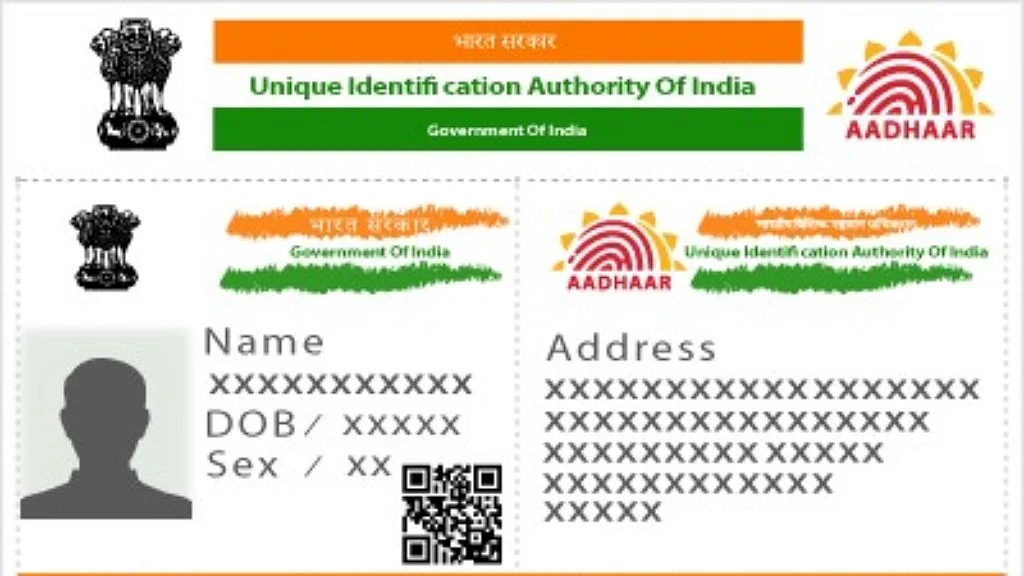Recent SC Order on Aadhaar is a blow to Welfare: Right to Food Campaign
While the concerns of the privileged class due to the mandatory linking has been addressed by the apex court, much greater hardships endured by poor people are ignored, RFC said

The recent Supreme Court order on Aadhaar, extending the deadline of Aadhaar linking to bank accounts, phone numbers has been hailed on the social media. But the order has “deeply disappointed” the Right to Food Campaign.
“The Right to Food Campaign is deeply disappointed by the 13 March 2018 Supreme Court order which extends the deadline for Aadhaar linking of facilities such as bank accounts and SIM cards, but permits the continued imposition of Aadhaar on social services and entitlements such as the Public Distribution System (PDS), the National Rural Employment Guarantee Act (NREGA) and social security pensions,” the RFC noted in a media release.
The order, according to them, perpetuates a long-standing double standard. While the concerns of the privileged class due to the mandatory linking has been addressed by the apex court, much greater hardships endured by poor people are ignored, RFC said.
Aadhaar has caused more damage to not only various Public Distribution Schemes, but also the recipients of social security payments, such as NREGA workers, social security pensioners and scholarship holders, the RFC claimed. “Such denials of entitlements are in fact in violation of the right to life and must be penalised,” they added.
“In a recent public hearing in the capital, more than 400 people from different districts and marginalised communities of the national capital testified about their inability to access their legal entitlements of rations and pensions due to mandatory linking of Aadhaar,” they said, adding, similar response was seen when the hearing was done in Bengaluru last year.
“People’s pensions have been stopped because their Aadhaar numbers are not seeded, or cannot be seeded; in some cases, old people whose biometrics do not match are also denied their entitlements (rations, pensions, etc),” the RFC noted
In 2017, according to data put out by state food departments, in Rajasthan, 33 lakh families were unable to access their Public Distribution System (PDS) ration entitlement each month due to the linkage of the PDS with Aadhaar. Similarly, in Jharkhand, 25 lakh families were deprived of their grain entitlements on a monthly basis.
“People’s pensions have been stopped because their Aadhaar numbers are not seeded, or cannot be seeded; in some cases, old people whose biometrics do not match are also denied their entitlements (rations, pensions, etc). In one village in Badauli block, Sarguja District, Chhattisgarh 124 old people were not able to access their old age pensions as the village did not have network connectivity,” the RFC further noted.
Instead of acknowledging the very limited role of Aadhaar in improving welfare but the widespread damage caused by this integration, the government, in its bid to impose Aadhaar, fabricates and propagates its own evidence of alleged Aadhaar-enabled savings to defuse the opposition, they said.
The Right to Food Campaign, they say, feels that by putting all the focus on Aadhaar, the government is distracting attention from the real reforms required in these programmes such as increase in the quantum of support through greater allocation of resources, streamlining of delivery mechanisms and activating systems for transparency, accountability and grievance redress.
Follow us on: Facebook, Twitter, Google News, Instagram
Join our official telegram channel (@nationalherald) and stay updated with the latest headlines
